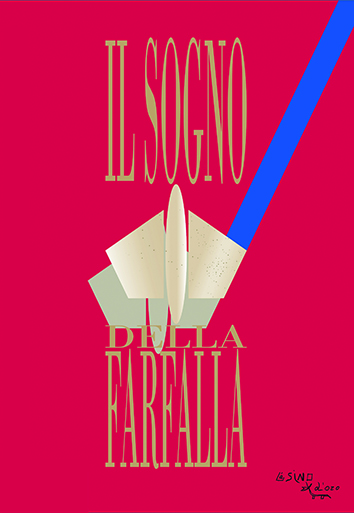Madness, love, identity, annulment, freedom
Abstract
Massimo Fagioli answers five questions which the journalist Carlo de Blasio asks him on the occasion of the release of two psychiatry texts by Fagioli (the 8th edition of Bambino donna e trasformazione dell’uomo and the first edition of Una vita irrazionale, a volume which collects his university lectures of 2006), discussing a series of arguments equally central to his theory and practice as a psychotherapist. Rejecting the abolition of the concept of mental illness brought about by the psychiatry of the last few decades based on the DSM, Fagioli defines madness as a disease of the unconscious that, contrary to common thinking based on a mentality deeply-rooted in a religious and philosophical tradition, he considers to be originally sane and therefore curable through psychotherapy. The question on love brings him to define sexuality as the realization of an identity in a dialectical relationship with a human different from oneself which is neither based on compassion nor solidarity but is based on an irrational movement; in turn the realization of one’s own identity not based on a scission between the unconscious and reason constitutes the basis of freedom. With regards to annulment, Fagioli is synthetic in summing up, whilst making references to a number of recent discoveries in biology, his own theory of the disappearance fantasy and the formation of thinking based on the capacity to imagine.


